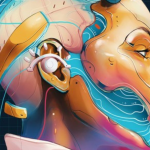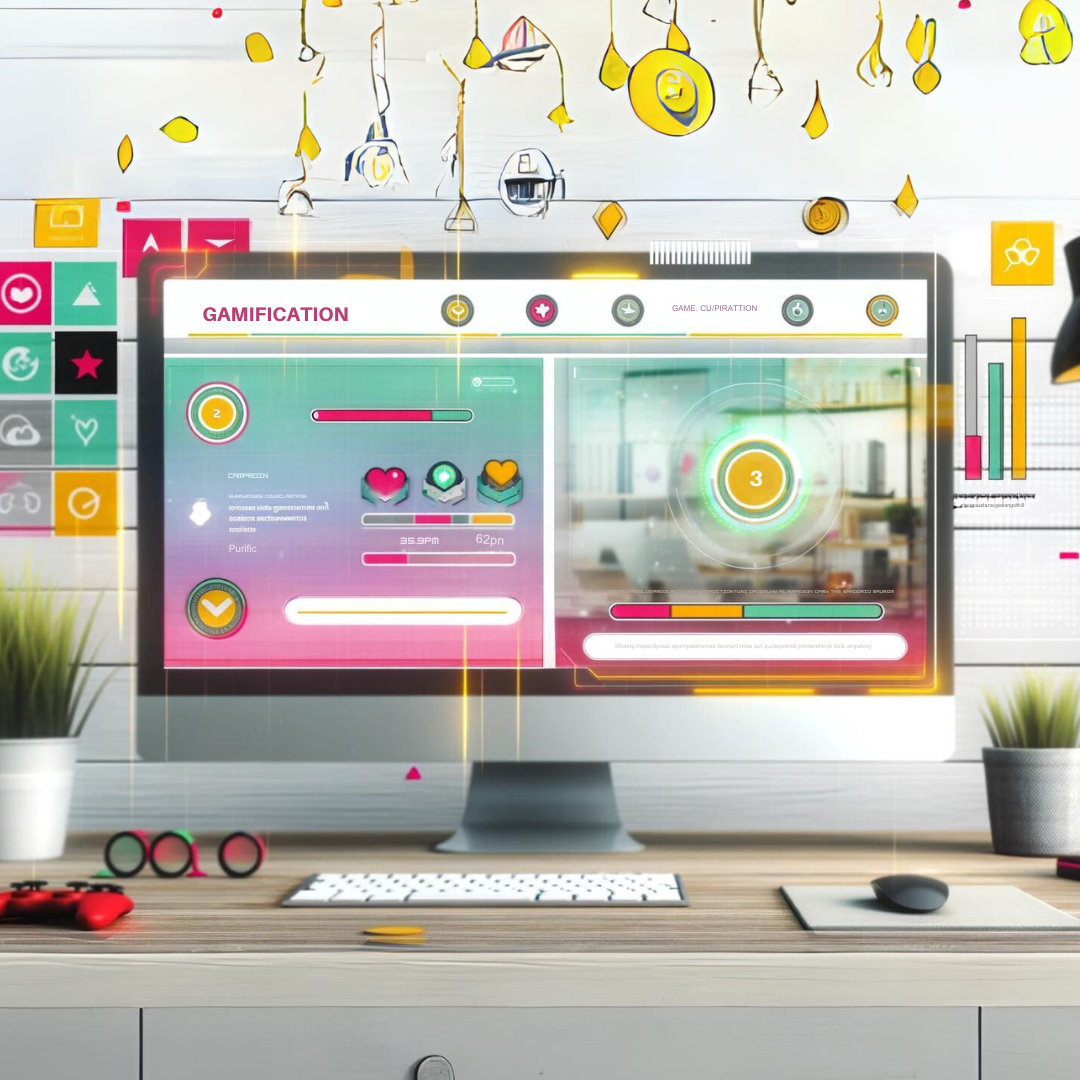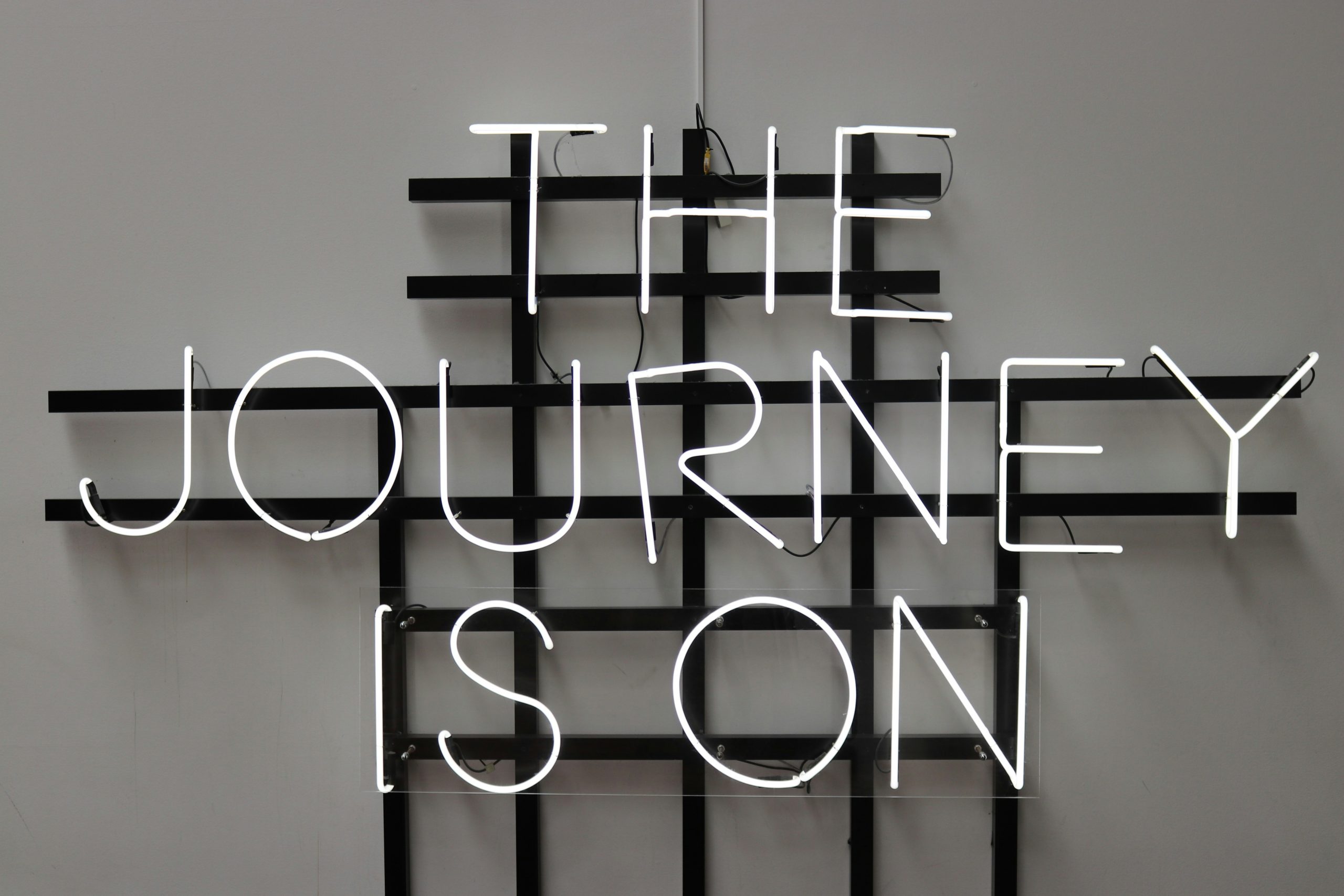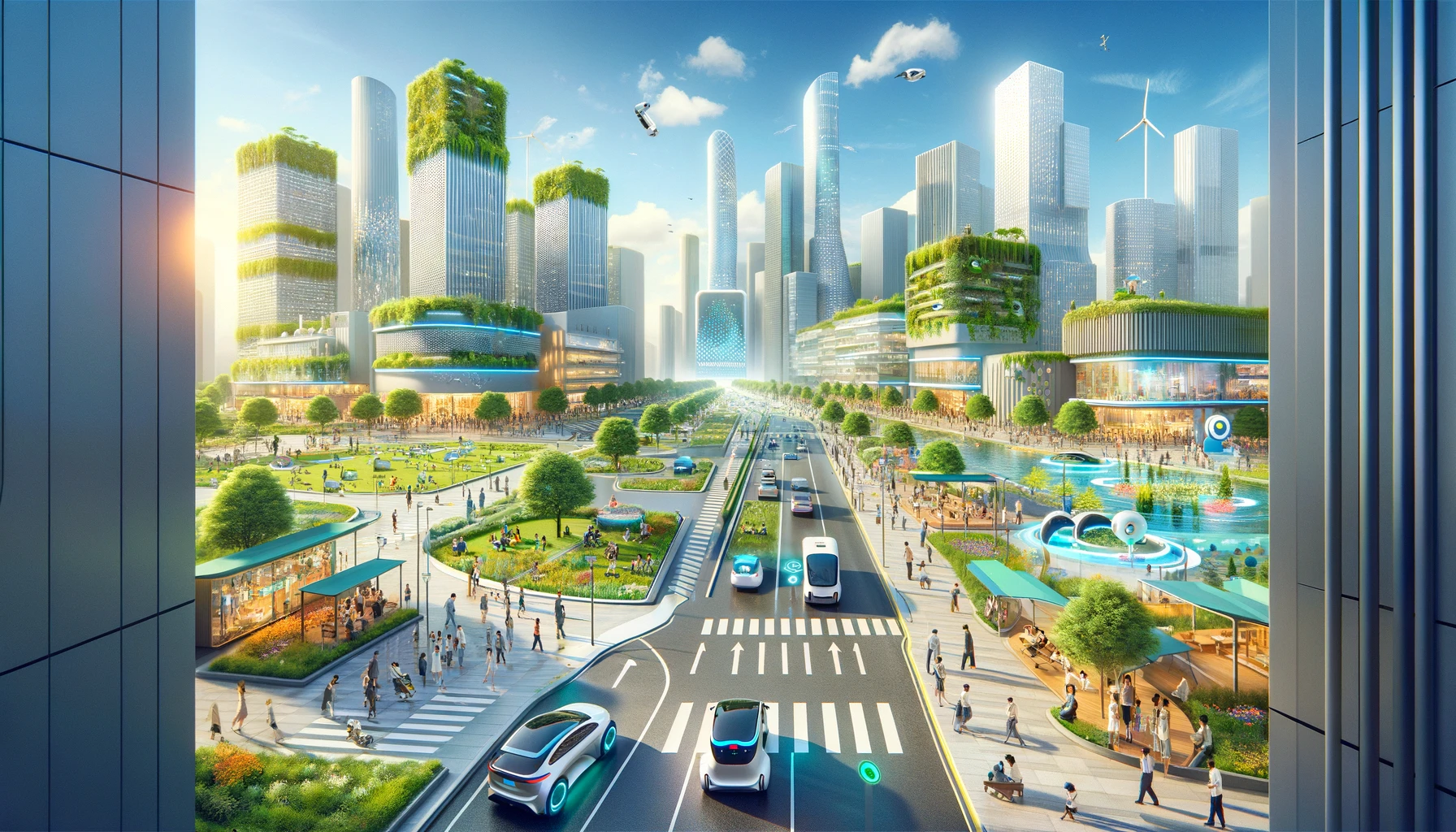5 Predictions on how AI will change learning by top venture capitalist3 min read
Reading Time: 2 minutesReading Time: 2 minutesThe use of AI in education has led to predictions that individualized learning will become a reality, with personalisation of learning modalities, content types and curriculum, while access to one-on-one support for tutoring, coaching and mentorship will become more widespread. In addition, AI-augmented solutions can offer more approachable and personalized support in stigmatized fields, such as mental health, with lower marginal costs, enabling mass market access. AI can also provide curricular planning and preparation to educators, in addition to improving grading efficiency and equip thoughtful feedback. AI has the potential to enhance soft skills and critical thinking, although the need for human interaction will continue. Anne Lee Skates, who is a partner at venture capital firm Andreessen Horowitz, with interests in gen-Z consumer trends, retail and commerce infrastructure, and the future of cities, highlighted in her article five predictions for AI and the future of learning, knowledge, and education:
1. The one-on-one model goes mainstream
AI is democratizing one-on-one services like tutoring, coaching, mentorship, and therapy. AI-augmented solutions in mental health can be more approachable and personalized, while also being more affordable. AI can also connect learners with time-constrained experts and historical figures, creating access for all. However, AI isn’t perfect, and there will always be a role for human engagement.
2. Individualized learning goes from dream to reality
AI makes personalized learning a reality, customizing learning modalities, content, and curriculum based on individual needs and skill levels. It also addresses different types of learners and increases engagement, as shown by examples of Cameo’s kids product featuring popular characters like Spider-Man.
3. A new generation of AI-first tools for both teachers and students will rise
Students and educators are early adopters of productivity software like Canva and Qualtrics. As AI becomes more human-like, we can expect them to adopt new chat-based conversational interfaces. This frees up teachers’ time, allowing them to focus on providing more personalized attention to individual students. Students constantly seek ways to save time and gain advantages, and AI-driven resources like Photomath and Numerade are gaining popularity. These tools can quickly spread by word of mouth in colleges through student organizations, social clubs/events, or professors using them in classes.
4. Assessments and credentialing will need to adapt, and new assessment tools will be developed
AI-assisted work is being debated in education, with some schools banning ChatGPT and other AI-writing sites. However, many argue that AI should be integrated into teaching and learning. Adjustments will need to be made in assessment and credentialing, and new tools will be developed. Access to this technology may give some students advantages, potentially widening the gap between public and private education.
5. Fact-checking will become critical as the “truth” gets distorted
AI creates biases in data, making fact-checking critical as factually incorrect information can be composed to seem accurate. User-generated content may become less trusted, while blind trust in personalities and experts may increase. The abstraction of knowledge may create a generation with competence but no comprehension, causing problems in crises when detailed knowledge is required.
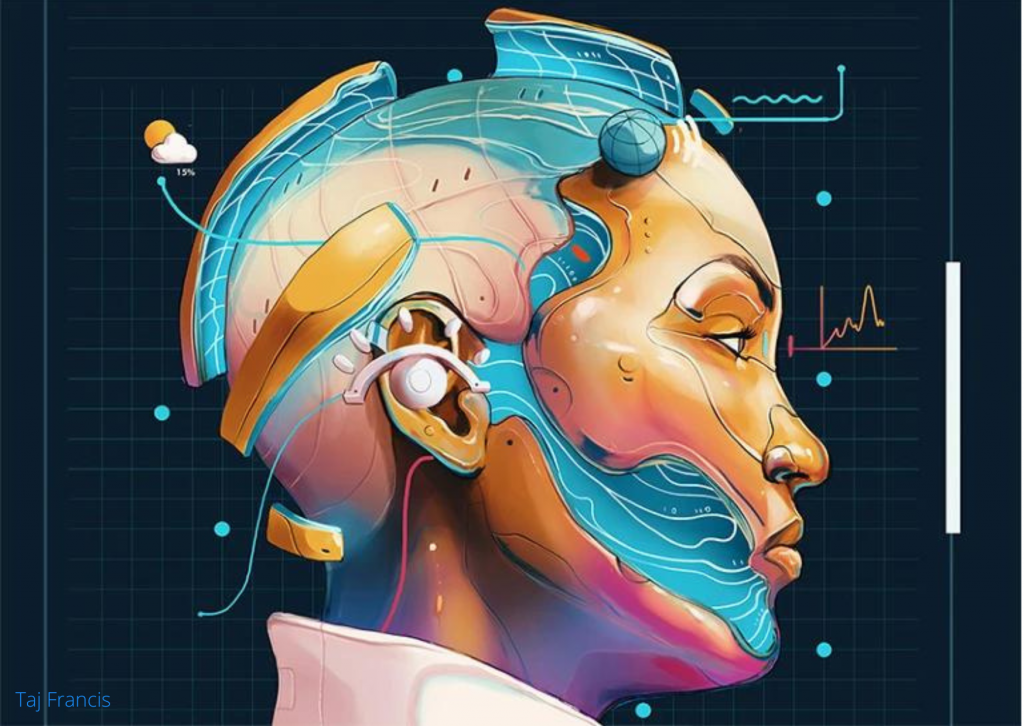
Taj Francis

